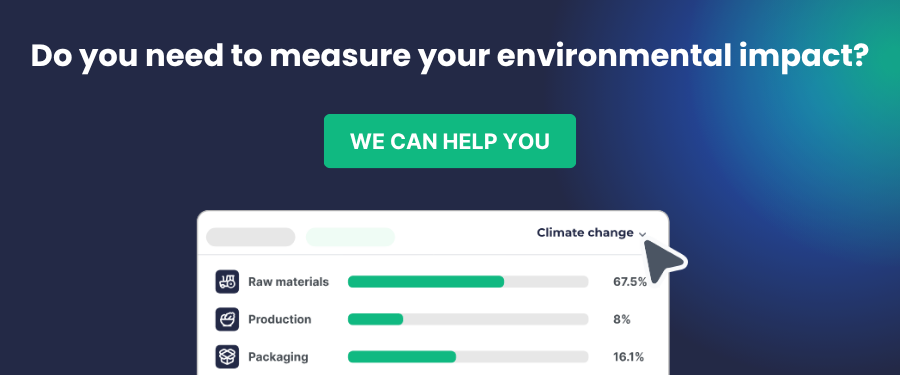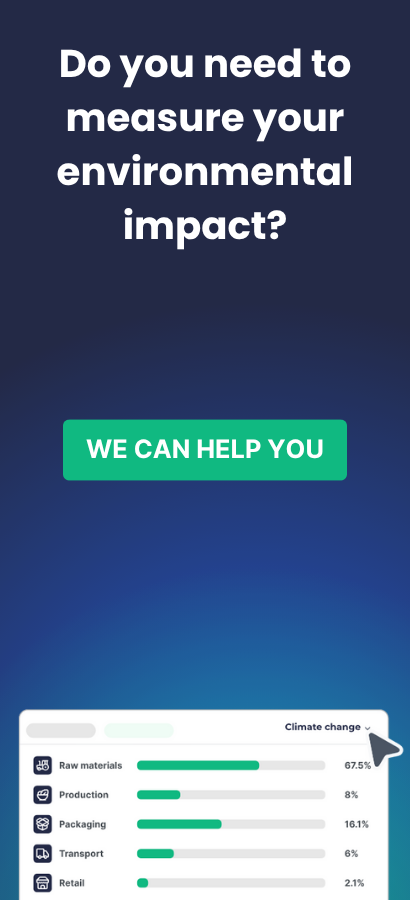Hiring a consultancy to handle your Sustainability Report or Carbon Footprint Report might seem like the perfect solution. However, before making a decision, take a few minutes to think critically about what an environmental consultancy can (and cannot) do for you.
Consider these points before deciding:
1. Data collection, transfer, and upload
Gathering your company’s data, cleaning it, organizing it, updating it, and adapting it must be done by internal personnel. No one knows your company better than you do, and the effort required to transfer this information to a third party is something to keep in mind. Furthermore, since they are unfamiliar with the details of your organization’s operations, errors may occur, or inconsistencies in the collected information may go unnoticed.
2. Integration with your systems
Each consultancy has its own working methods and formats, which constitute part of their added value and know-how. In most cases, you will have to adapt to them, and they will not be synchronized with your CRM or management systems. If you require this type of integration, it will likely involve a custom development with a significant cost.
3. Consultants also make mistakes
If you think hiring external professionals will eliminate errors in your reports, think again. In addition to their lack of in-depth knowledge about your organization, consultants handle multiple clients simultaneously, may lack industry-specific experience, face workload spikes, and often work independently as freelancers. These factors increase the likelihood of errors compared to handling reports in-house. If your main concern is a lack of expertise, you can always invest in specific training or advisory hours instead.
4. They use tools and information you don’t know about
By outsourcing the process, you lose control over how the data is processed, which tools and databases are used, and whether estimations have been made without your knowledge. Are you comfortable signing off on a report when you’re unsure how its data has been handled?
5. Inability to replicate, modify, or reuse data
A consequence of the previous point: without understanding how your data was processed, you won’t be able to make changes, test alternatives, or reuse the information for different years, reports, or client requirements. In most cases, this will require going back to the consultant, which means receiving a new quote for additional work.
6. Dependence on their deadlines and availability
Did you know that all companies are required to meet the same reporting deadlines? With minor variations, most of the workload is concentrated in the last months of the year and the beginning of the next. Consultants are well aware of this. During these peak periods, they receive a flood of client requests and do their best to keep up. A lack of foresight on their part or an unexpected event could disrupt their schedule—and, consequently, your deadlines. If that happens, you are entirely at their mercy when it comes to meeting your required reporting dates.
7. High costs
If you’ve been doing the math as you read through these points, you’ve likely realized that outsourcing reports is not as cost-effective as it may seem. When you add direct expenses, indirect costs (such as the time you must dedicate to the process), potential modifications, adaptations, or updates, and even penalties for non-compliance, what seemed like a cheap solution can end up being quite expensive.
Conclusion
After analyzing these factors, are you truly saving time and gaining expertise by outsourcing to external providers? Beyond dedicating significant time to transferring critical and strategic information, you not only relinquish control over deadlines, formats, quality, and costs, but you also lose the opportunity to make data-driven decisions.
Sustainability and business autonomy are key to long-term success. Implementing internal tools that allow you to manage strategic data and make informed decisions without relying on third parties will give you a clear competitive advantage. The sooner you start, the greater the benefits, and the stronger your company will be in the future.
A consultancy can be helpful, but it should not become indispensable.



